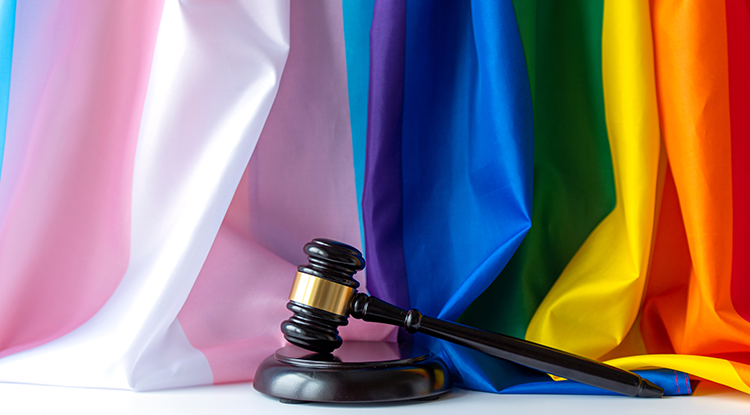U.S. Supreme Court
Supreme Court Agrees to Review Colorado’s Ban on Conversion Therapy for LGBTQ Minors
March 10, 2025, 1:38 pm CDT
The Supreme Court’s decision to hear the case centers on a Colorado law banning conversion therapy aimed at LGBTQ minors. (Image from Shutterstock)
The U.S. Supreme Court has announced its intention to examine the legality of Colorado’s legislation that prohibits conversion therapy for minors who identify as LGBTQ. This law seeks to prevent licensed counselors from attempting to change a minor’s sexual orientation or gender identity through therapeutic interventions.
The case challenging this law involves licensed counselor Kaley Chiles, who is appealing the ruling that subjects professionals to disciplinary measures for engaging in conversion therapy. Chiles is represented by the Alliance Defending Freedom, a conservative legal organization that supports her claim as a counselor holding a “Christian worldview.”
Chiles, in her petition, emphasizes that while she doesn’t guarantee results, she supports her clients’ ability to accept their biological realities and achieve personal peace.
Central to the case is the conflict between free speech rights and regulations on professional conduct. The 10th U.S. Circuit Court of Appeals has characterized Colorado’s law as a reasonable conduct regulation, while arguments persist that it constitutes an infringement on free speech. Various appellate courts across the United States are divided on this issue, with the 11th Circuit and the 3rd Circuit interpreting such laws as regulating speech, in contrast to the stance taken by the 9th and 10th Circuits.
The state of Colorado, defending the law, asserts that it is founded on substantial evidence indicating that conversion therapy is both unsafe and ineffective. The state’s brief contends that precedents established by the Supreme Court allow for reasonable state regulations that protect patients from potentially harmful treatments, even if these regulations may limit certain forms of speech.
As discourse around this legal matter gains traction, the case is formally known as Chiles v. Salazar.
For further insights, visit SCOTUSblog for the case page.

